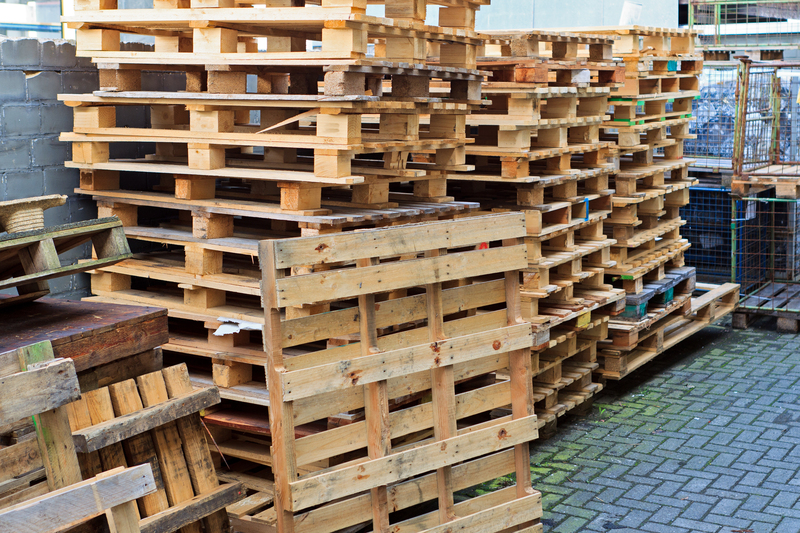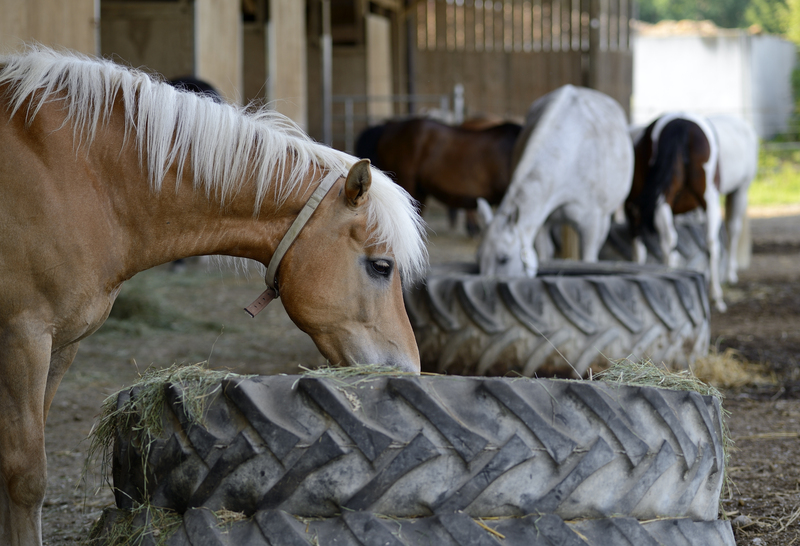Handling a Relative's Belongings
Posted on 05/11/2024
Handling a Relative's Belongings: A Comprehensive Guide
Dealing with the belongings of a deceased relative or one who has transitioned to a different living situation can be both physically and emotionally taxing. This article will provide you with a structured approach to manage this task while considering your emotional well-being.
Understanding the Emotional Impact
The first step when handling a relative's belongings is to understand the emotional impact. It's normal to feel overwhelmed, sad, or even guilty. Allow yourself to grieve and don't rush the process.

Creating a Plan
Having a plan in place can make a significant difference. A well-organized plan includes sorting items, deciding what to keep, what to donate, and what to discard. Grouping tasks into manageable sections helps maintain organization and focus.
Involving Family Members
Involving family members in the process ensures that everyone has a say in what happens to the belongings. This can help distribute the emotional burden and provide varying perspectives on what to keep or discard.
Sorting Categories
Typically, belongings can be sorted into four categories: keep, donate, sell, and discard. Each item should be carefully considered to ensure it's placed in the appropriate category.
Dealing with Sentimental Items
Sentimental items often pose the biggest challenge. Setting aside a special box for these treasures can be helpful. Over time, you can revisit and decide what to keep permanently or pass on to others.
Utilizing Professional Help
If the task seems too daunting, don't hesitate to hire professional organizers or estate sale companies. They can offer valuable expertise and help you stay organized.
The Importance of Documentation
Documenting items with photos and descriptions before distributing or discarding them can be beneficial. This provides a record and can serve as a point of discussion among family members.
Pros and Cons
Handling a relative's belongings has its upsides and downsides:
- Pros:
- Preserving family history and memories.
- Opportunity to reconnect with family members.
- Decluttering and creating space.
- Cons:
- Emotional distress and possible family conflicts.
- Time-consuming and physically demanding.
Tips for Efficient Handling
- Create a timeline and stick to it.
- Start with a small area to avoid feeling overwhelmed.
- Label boxes clearly as you sort items.
- Consider digitalizing important documents and photos.
- Take frequent breaks to manage emotional stress.

Takeaways
- Handling a relative's belongings requires careful planning and organization.
- Emotional impact is natural and should be acknowledged.
- Involving family members can help distribute the load.
- Professional help is an option worth considering.
- Post-handling reflections are essential for closure.
Conclusion
Managing a relative's belongings is a delicate task that necessitates patience, empathy, and organization. By creating a plan, involving family, and documenting items, you can mitigate emotional stress and ensure a respectful handling of their possessions. Such experiences, though challenging, can also bring families closer and create treasured memories.
Remember to take it one step at a time and give yourself the grace to navigate through this significant process.
```
Latest Posts
Mini Skips Uncovered: The Basics
Steering Clear of Harmful Plastics: What You Need to Know
Maximize Your Recycling at Home with Simple Suggestions
Breathe New Life into Style: Smart Clothes Recycling Solutions







